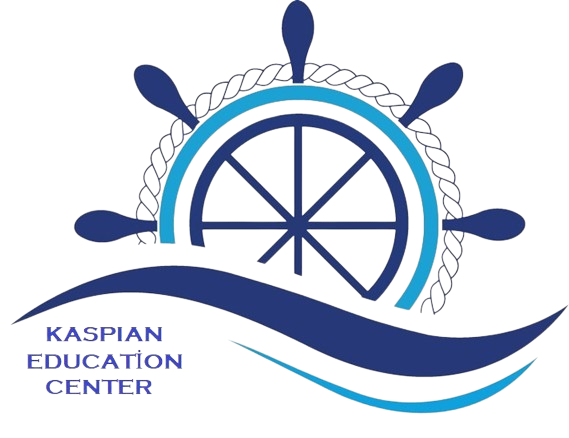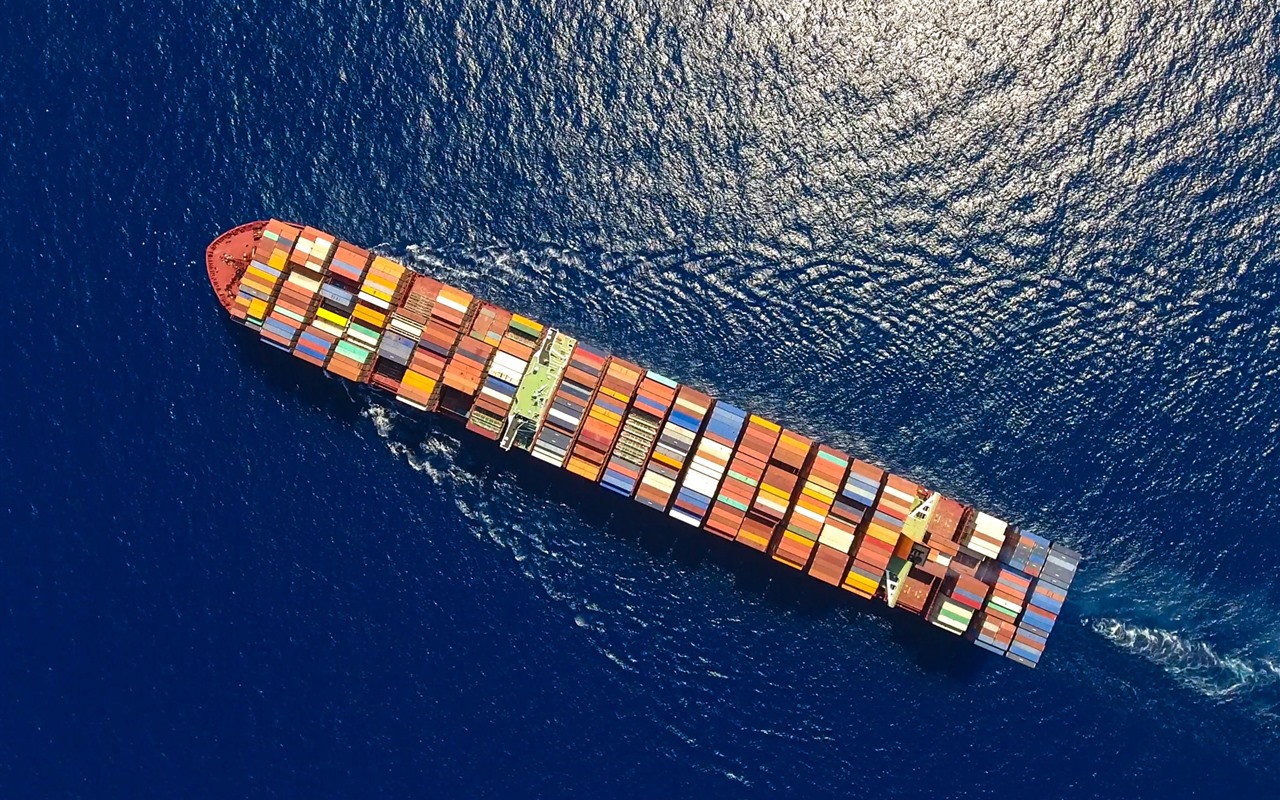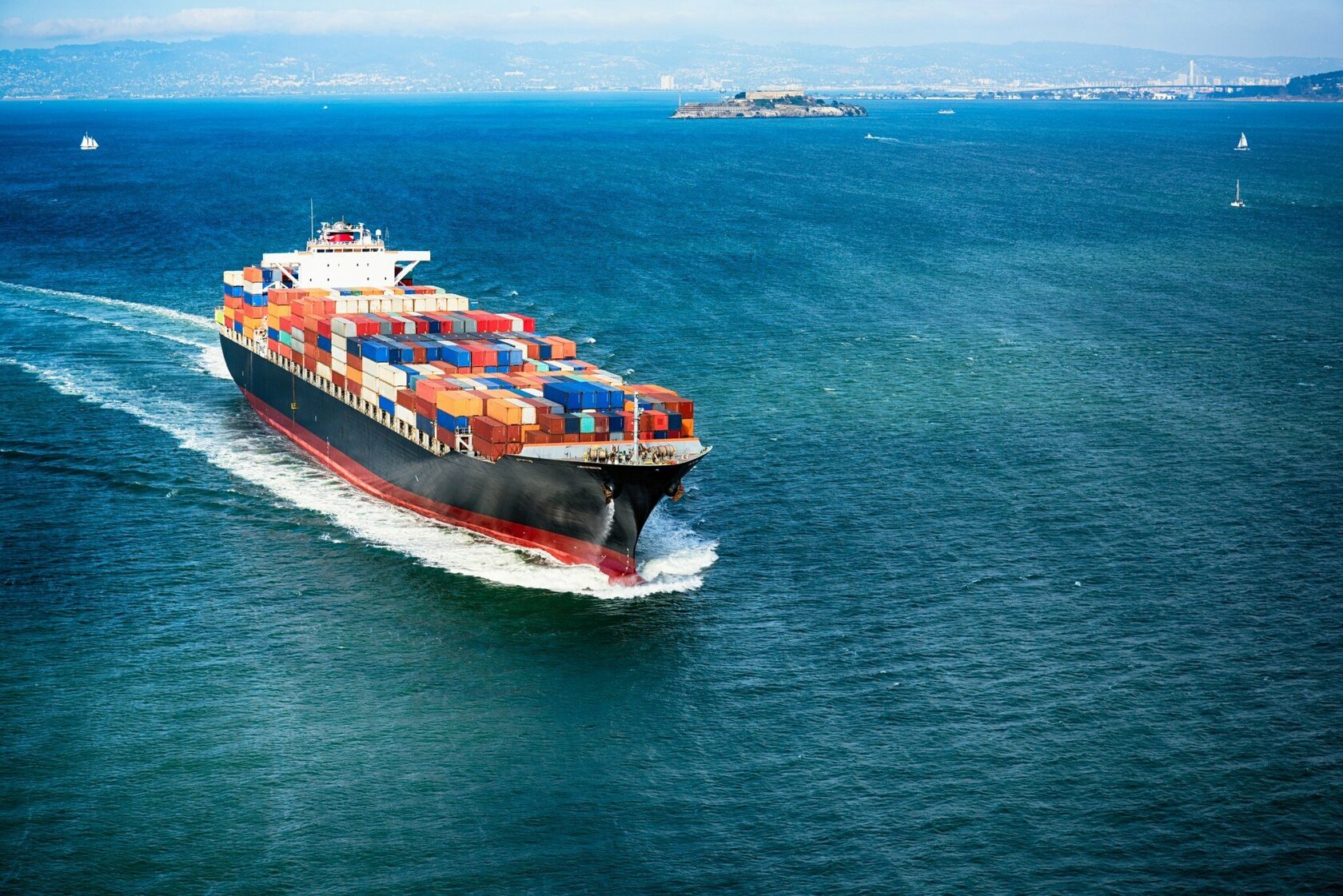

The skills and knowledge required to become a motorcyclist are extensive and require thorough training. This preparation process includes both theoretical knowledge and practical training. This article will provide extensive information on the main stages, curricula and skills required for motorcyclist training.
Key Stages of Motorist Training
1. Education and Theoretical Knowledge
The first step to becoming a motorist is to study at the appropriate educational institutions. In these institutions, students take classes on automotive technology, working principles of engines, electrical and electronic systems, fuel and lubricants. Special attention is paid to the following topics during education:
Working Principles of Engines: Working principles of internal combustion engines, diesel and petrol engines.
Transmission Systems: Mechanisms that ensure vehicle movement and their working principles.
Electrical and Electronic Systems: Working principles and diagnostics of electrical and electronic components used in automobiles.
Fuels and Lubricants: Types of fuels and lubricants used in engines.
2. Practical Training
Practical training is important for applying theoretical knowledge. During practical training, students work in real working conditions, work on different car models and learn diagnostic methods. At this stage, students acquire the following skills:
Diagnostics and Repair: Identification and elimination of problems that occur in the vehicle.
Maintenance and Consumption: Carrying out regular maintenance and technical services of the vehicle.
Learning New Technologies: Working principles and handling skills of hybrid and electric vehicles.
Training Programs and Certification
Educational Programs
There are various educational programs for motorist training. These programs provide students with professional skills by providing education at various levels. Training programs are usually conducted at two main levels:
Secondary Technical Education: These programs at technical schools and colleges teach students basic motor skills.
Higher Education: These programs at universities and technical institutes provide students with in-depth knowledge and specialization.
Certification
Certification is essential to becoming a motorist. Students who successfully complete the respective educational programs receive a certificate. These certificates confirm the professional skills of motorists and give them an advantage when hiring. Certifications are usually issued by internationally recognized organizations and can be at different levels.
The result
Motorist training requires comprehensive education and training. Learning theoretical knowledge and gaining practical experience is important for the professional development of motorists. Through appropriate training programs and certification, motorists can acquire high-level skills and successfully operate in the automotive industry. For those who want to become motorists, this preparation process is an important step in their career path.
A ship crane operator is a professional person who plays an important role in the process of loading and unloading cargo onto ships. This employee...


Ship cooking is an interesting and responsible profession that requires special training and skills. Preparing delicious and nutritious meals for t...


Working on board offers a unique work experience and many benefits. This type of work brings various benefits, both in terms of personal developmen...


A sailor is an important member of a ship's crew and performs various duties at sea. Their role is essential to the safe and efficient operation of...


The skills and knowledge required to become a motorcyclist are extensive and require thorough training. This preparation process includes both theo...

